Homeschool Interviews: Homeschooling through a Virtual School
In this series, I have had the privilege of interviewing other homeschoolers from across the country. Here to tell us how her family got started homeschooling and what her family’s homeschool style looks like is Rachel. Rachel’s children are twice-exceptional–gifted but with learning disabilities. They homeschool using a virtual school, a cyber school where the kids’ learning takes place online.
Welcome Rachel!
First, could you tell us the ages of your children? How long have you been homeschooling?
My kids are 5 and a half and (nearly) 7. We started homeschooling our older child in a very organized way when she was just 5. Our younger child was 3 and a half at the time, and we homeschooled her in a more laid-back way (a lot of sitting in on sis’s lessons, lot’s of reading, some math DVD’s that first year). We are completing our second year now – and this year both kids have a very organized style of schooling.
How/why did you get started homeschooling?
I was one of those moms who swore they would never homeschool. I believed a lot of the myths about it. Then, we ended up with two twice-exceptional kids (gifted but with learning disabilities – more on that later), and once they were done with special ed pre-K, we were faced with the “where to now?” issue. The bricks and mortar public school is excellent, and they very much wanted to help and accommodate…but were clearly unable to. Private schools were unable to deal with their special needs either. They offered to try, everyone was nice, but everyone was honest too. So we just went straight to homeschooling as a last option.
Can you tell us how you came across virtual schooling? What appealed to you about that?
We stumbled across virtual schooling on the internet! The program we do is heavily advertised on the internet, is available nationwide, and is a profitable company. They can afford to advertise and they do. You’ve probably seen their ads. I called the number, they sent me info, I talked to representatives, and we did a one-week free trial. It seemed perfect for us from the very beginning. It is a VERY tech-y and early computer use program, which is in line with our parenting style. I also like that we get report cards, progress reports, and the school keeps up with IEPs. The school also welcomes lots of parental input on IEPs, and all of it can be done over the phone in a conference call, which is very freeing. Our youngest child was too young to enter the formal school (either type) but they have an “independent learner” program so we just did that the first year. There is no age limit for that.
Can you explain the grade placement in this program? For someone just coming out of public school would he or she expect to go straight into their same grade in the virtual school or are the students placed in the appropriate level for each subject they take?
Grade placement in the virtual school depends. Official grade placement is usually the last grade the child passed in the school (public or private) the child last attended. For children starting in the program at age 5 without attending public school at all, like my kids, they start at kindergarten. However…the work they are given is not automatically for that grade level. My older child entered at age 5, and was placed in kindergarten officially. However, after brief online testing, her core class work assigned 2nd grade language arts, and 1st grade Math and Science. By the end of the year, they officially made her a graduating1st grader, and she entered the next fall as a second grader. They will assess for another skip this next fall (after she starts as a 3rd grader) to 4th grade, as she has completed half of her 3rd grade courses, and by fall she will have completed all of her 3rd grade work. So the grade they enter at does NOT determine what grade work they will do. AND classes can be radically higher in one subject and lower in another (to accommodate a strong reader who struggles with math, or vice versa). AND they will skip a child once per year as needed. In the lower grades, “as needed” is proved by finishing the year’s work by early spring or earlier. My younger child had a similar experience. Entered as a kindergartener, assigned 1st grade work across the board, finished that in late winter, now in 2nd grade work, and was skipped a grade halfway through the year. However, all that said, for children in upper grades, grade placement depends on more extensive testing, and children may be officially skipped (or possibly demoted to a more appropriate lower grade) as determined. I don’t know a lot about that, I just know it’s different from the early grade levels. The flexibility with grade skipping and grade level work being done is the biggest plus with this program in my opinion.
How much connection do your kids have to the teachers in this program?
My kids have some connection to their teacher. When I talk to her on the phone, I let them chat briefly with her too. They sometimes email her (I help them find her address and they type the message) and they have mailed samples of their work and photos of themselves to her. She sends stickers, notes, and bookmarks in the mail sometimes. She includes encouraging notes to them on their progress reports and report cards. When she emails me, she includes a little note at the end for them to read, too. They hear her and online chat with her in class connect. I would say they communicate with her about twice a month, not counting class connects.
Do your kids have interaction with other kids in the program or just with the teacher like you talked about above?
My kids’ main contacts with other kids in the program is in the online guided class sessions called “class connects.” They last about an hour, and consist of a guided lesson, a craft or paper foldable (to help them study key concepts later on), and a question and answer/idea exchange at the end. Most of our class connects are history and reading skills, but some are fun holiday ones and involve more crafts and interactive storytelling
How often does the “class connect” meet?
Class connects are every couple of weeks for history. Most kids that are the age my kids are do weekly class connects for reading skills, but mine are both in an advanced group that meets once a month for more in-depth and challenging books. Holiday and fun class connects are weekly for most of the year. Those taper off near the end of the year as more students are either preparing for yearly testing (there are class connects for those too) or catching up on subjects they’ve gotten behind in. They have class connects for parents too – offering support and advice on organization, dealing with workload, and accommodating for learning differences.
Can you tell us about the other social options through your virtual school? Do you use this much?
The virtual school does field trips quite often. Some students do these a lot. We go if the field trip is nearby – but because they are all over our state, many entail 2+ hours of driving each way. Since my kids are young and VERY active, we skip long drives whenever possible.
So your kids have virtual connections… how much interaction do your kids have with other homeschoolers in your area? What social activities do your kids have?
My kids’ main interactions with other kids in our neighborhood and neighborhoods close by. They have playdates with a child down the street (weekly, usually), and another child a couple of miles away (weekly), we do homeschool roller skating and homeschool ice skating (weekly). They are also in Girl Scouts (every other week). The after school program at our neighborhood school is welcoming, so we go play at the school playground after school when the weather is nice. I would say half of their friends are homeschooled and half are in standard schools. I worried about social activities a lot when beginning homeschooling, then after the first year realized my kids actually get to freely socialize more in the mode of schooling.
How expensive is it for your kids to attend the virtual school?
Our virtual school is actually a public school by law in our state, so our only cost is $500 per child to attend school out of county. That $500 gets us textbooks, leveled readers, science, history, and geography supplementary books, globes, science equipment, math manipulatives, handwriting workbooks, paint and brushes, and music DVD’s and CD’s. We buy pencils, erasers, paper, 3 ring binders, a stapler and a 3 hole punch, some file folders…and not much else. So the total cost is $1000 per year for two kids, plus the school supplies you would buy anyway. $1000 is the max cost per family, so if we had 12 kids, it would still only be $1000.
I often ask others if they have a particular style of homeschooling. How would you answer that?
My style of schooling is pretty organized and goal oriented. Goal oriented being getting through assigned work, passing the test at the end of the unit, etc. Partly because that is the way my personality is, but also because we are dealing with learning disabilities. They are both quite gifted, but they are also quite severely impaired as far as ability to listen, focus, attend to simple directions, and work independently in any real way. So constant structure and constant supervision are needed to get any real learning done, and also we are seeing some advancement in the older child finally after 2 years of dealing with the disabilities. She has one subject now that she can more or less do independently, without me constantly hovering! I offer some choices, but they are choices like “would you like to do history and science today or would you like to do two history lessons today and two science lessons tomorrow?” I don’t offer choices like “would you like to do this long division worksheet or would you prefer to play computer games for a couple of hours?” However, sleeping in is totally acceptable in our house, as is practicing multiplication facts while swinging in the back yard, or making up our own story problems using their imaginary animal friends as the starring characters. So it’s not totally grim around here!
Aside the virtual schooling do you use other curriculum? What curriculum/books do you recommend most often to fellow homeschoolers?
Supplementary curriculum we usually get from the library. We get a LOT of nonfiction science books and DVD’s from the library. We get loads of stuff and whatever they like we get more like that. We like pretty much everything Schlesinger has put out in their DVD line. For history, science, and world cultures; they are awesome. Discovery and the History channel have great DVD’s at the library, and we’ve found great stuff from them on Netflix too. The Magic School Bus has great paperback science books.
What did you do for school yesterday? Do most of your days look like that?
A typical day for us in the fall and winter is very different than spring and summer. In fall and winter, it’s spelling and math first thing in the morning. After that, I send one off to a bedroom to read a library book or some of the reading for their upcoming lesson. Then I go through a lesson with the other child. Then I switch kids, do a lesson with the next child. By that time, it’s time for backyard recess or a break. They eat lunch while watching TV, then it’s another couple of lessons. We are usually done by 2pm, often earlier. I sometimes save science lessons for evening when daddy is home. Afternoon is time to play outside some more, go to the library, read, watch TV (them) or start dinner and do household chores (me). Spring and summer – they’ve usually completed the year’s work, so we get the next years, and ramp down the number of lessons we do a day. We are more busy with other stuff then anyway, like Girl Scout cookies, starting and maintaining the garden, and playing outside more.
Do you homeschool set hours/days?
We homeschool every day. Weekends and summers too. Hours aren’t set, since skating, library visits, and play-dates make that impossible, but we homeschool every day. Days are shorter, hour-wise, because we school every day year round – that’s a bonus.
Where do you do most of your homeschooling? Do you have a specific homeschooling room?
Most lessons are done at the computer or the dining room table right behind the table (for workbooks and math sheets). Sometimes reading comprehension questions I’ll do while relaxing on the couch with them and the book they are reading. We have a large armoire chest we store all school materials in, and a shelf just for books and workbooks.
How does homeschooling work in your family? Are you the main homeschooling parent?
I am the main homeschooling parent. That is my job. However, daddy is the go-to guy for science questions and concepts and often he helps out with these, and reviewing these, since science is his forte. He is also supportive by accepting a less-than-perfect looking house and eating meals unworthy of Julia Child!
How do you manage the school/house/work/kids’ activities/meal balance? (What do you let slide? How do you do it all?)
The priority is the kids activities, since they are almost always a once a week thing. Once missed, we won’t have the opportunity for another week. Second priority is lessons. Third priority is what Flylady calls “dishes, duds, dinner”. Dishes are washed and the kitchen cleaned before I go to bed. Laundry is done daily so it doesn’t build up. Dinner may be boring, but we all have to eat regularly. We do eat leftovers a lot and dinners like scrambled eggs and toast. Other forms of housework sometimes (okay, often) slide. We sometimes find enough cat hair under furniture to assemble a spare cat. Home decor and fashionable outfits are the absolute bottom of the list, although tooth brushing and hair combing ARE a priority.
What are your homeschooling plans for the future? Will you homeschool straight through high school?
I have no idea how long we will homeschool. I never planned to start this in the first place so in all honesty I have no idea when we’ll stop.
How much do you use technology in your homeschool–the computer, TV, iPod/iPad games, etc?
We use a LOT of technology in homeschooling. A lot of lessons are done on the computer, we watch a lot of educational videos on youtube, my kids both have tablets and know how to read books on them, and we watch a lot of relevant documentaries on Netflix.
Tell us about your most favorite homeschool project/activity/memory?
My favorite homeschooling activity is watching my kids remember something they learned two years ago and watch them still be excited about it.
How has your homeschooling changed since you first began?
The most major change in homeschooling for me since I began is I’m more confident about it, and we’ve become more efficient at knocking out the work in the least possible time.
Thank you so much for talking with me, Rachel!
Another homeschooling family who uses a virtual school had a great post called What Does Virtual School Look Like? last year. Lori’s kids are in middle school and high school. She did a good job showing how homeschooling through a virtual school is so much more than just sitting in front of a computer.
You might be interested in our other Homeschool Interviews and Guest Posts:
- An Interview with A Homeschooling Dad
- An Interview with a Christian Classical Educator (Part 1) and (Part 2)
- An Interview with a Montessori Homeschooler
- Homeschooling Through a Virtual School
- Homeschooling in Australia
- An Interview with Erica of Confessions of a Homeschooler
- Interview with a Radical Unschooling Family
- Guest Post: Working Outside the Home, Homeschooling Mom – A guest post by one of my very best friends! 🙂
- 11 Year Old Shares Her Thoughts on Homeschooling – The daughter of my friend (above) wrote this!
- Guest Post by My Homeschooling Sister: Intensity in Learning
- Homeschooling Through Spousal Deployment, a Destructive Flood and More (Another post featuring my sister’s homeschool journy. They lost their house during flooding in Nashville 5 years ago.) and Part 2 of that post–Homeschooling Through High School (My sister’s kids are Older than Mine!)
- Homeschooling Through the Teenage Years: Video by Susan Wise Bauer
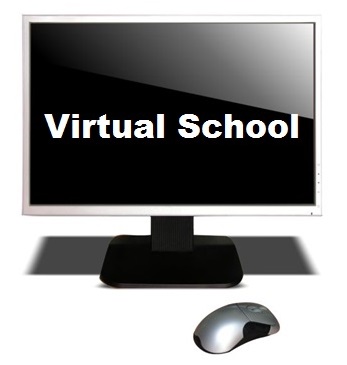

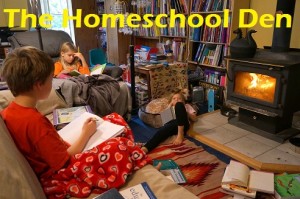

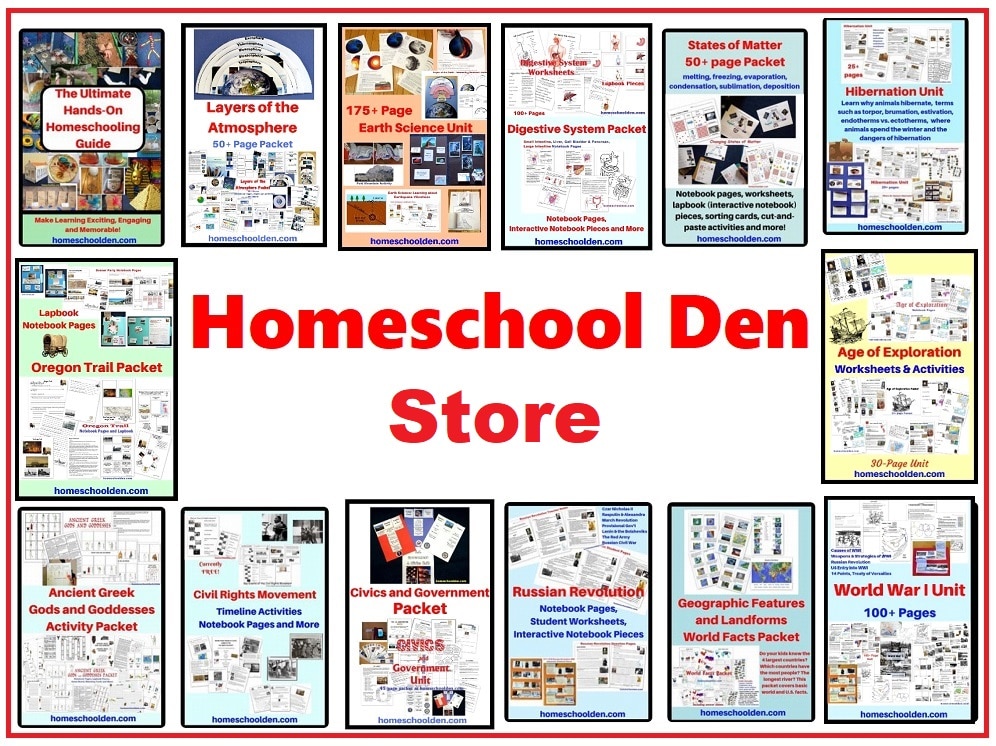
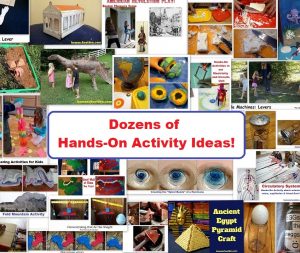


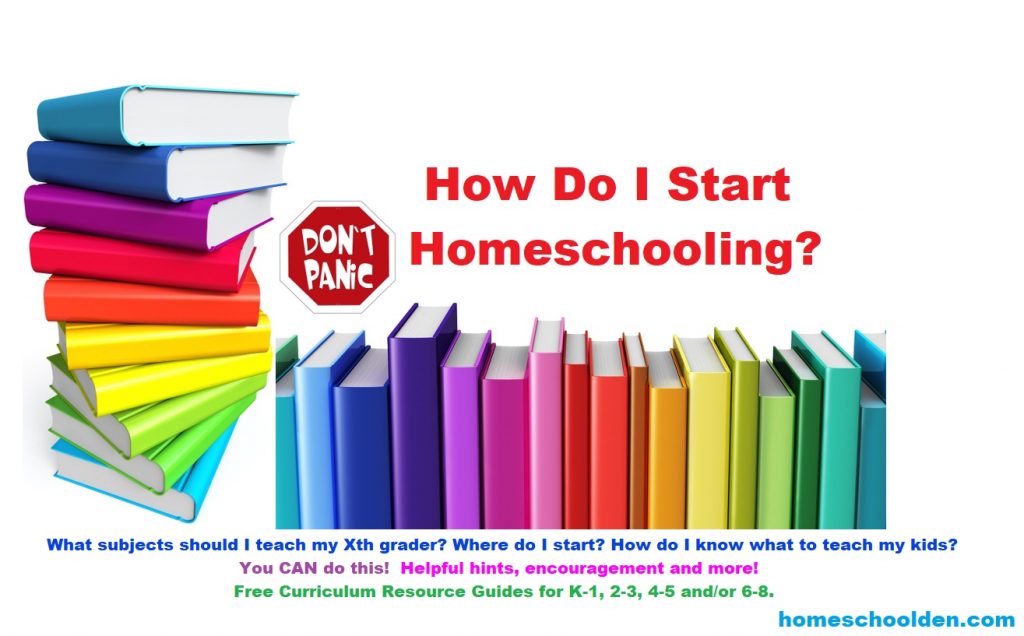
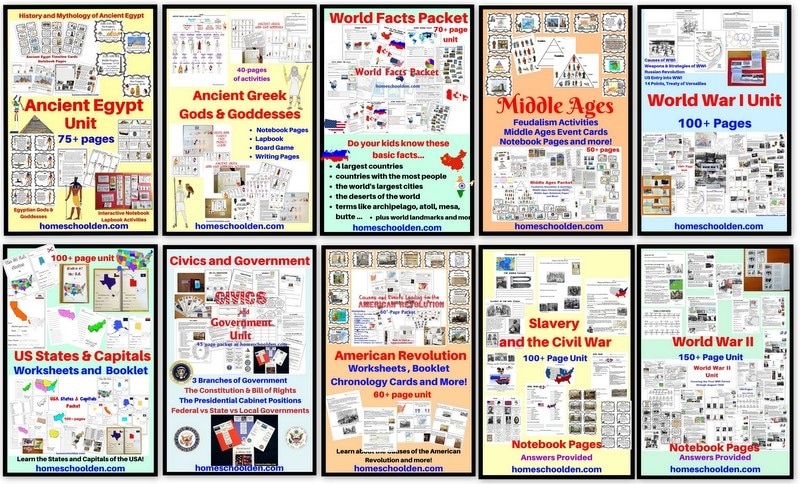
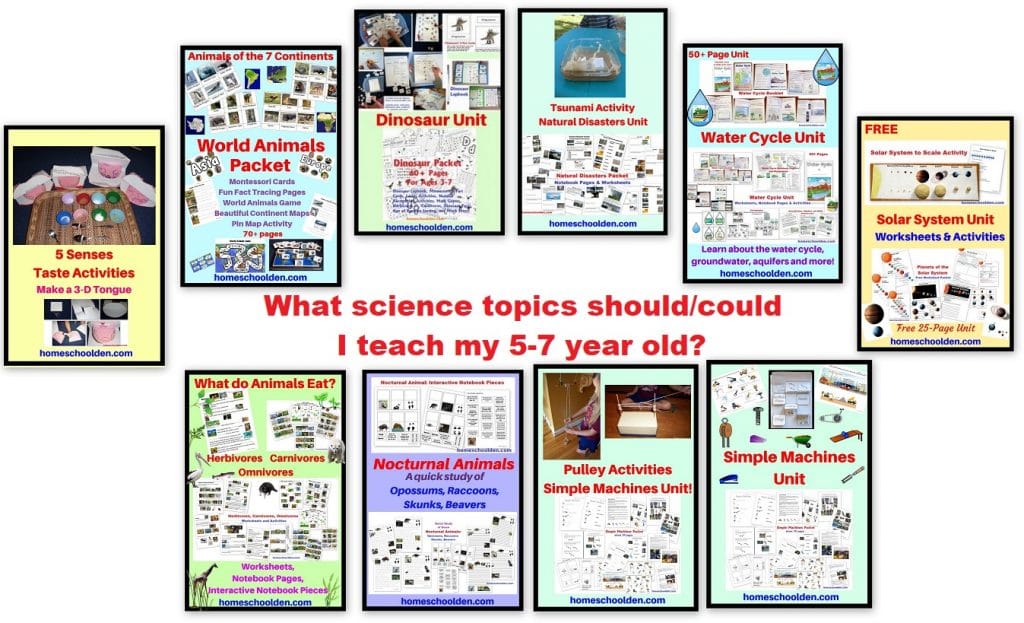

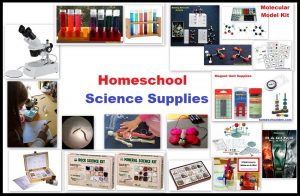
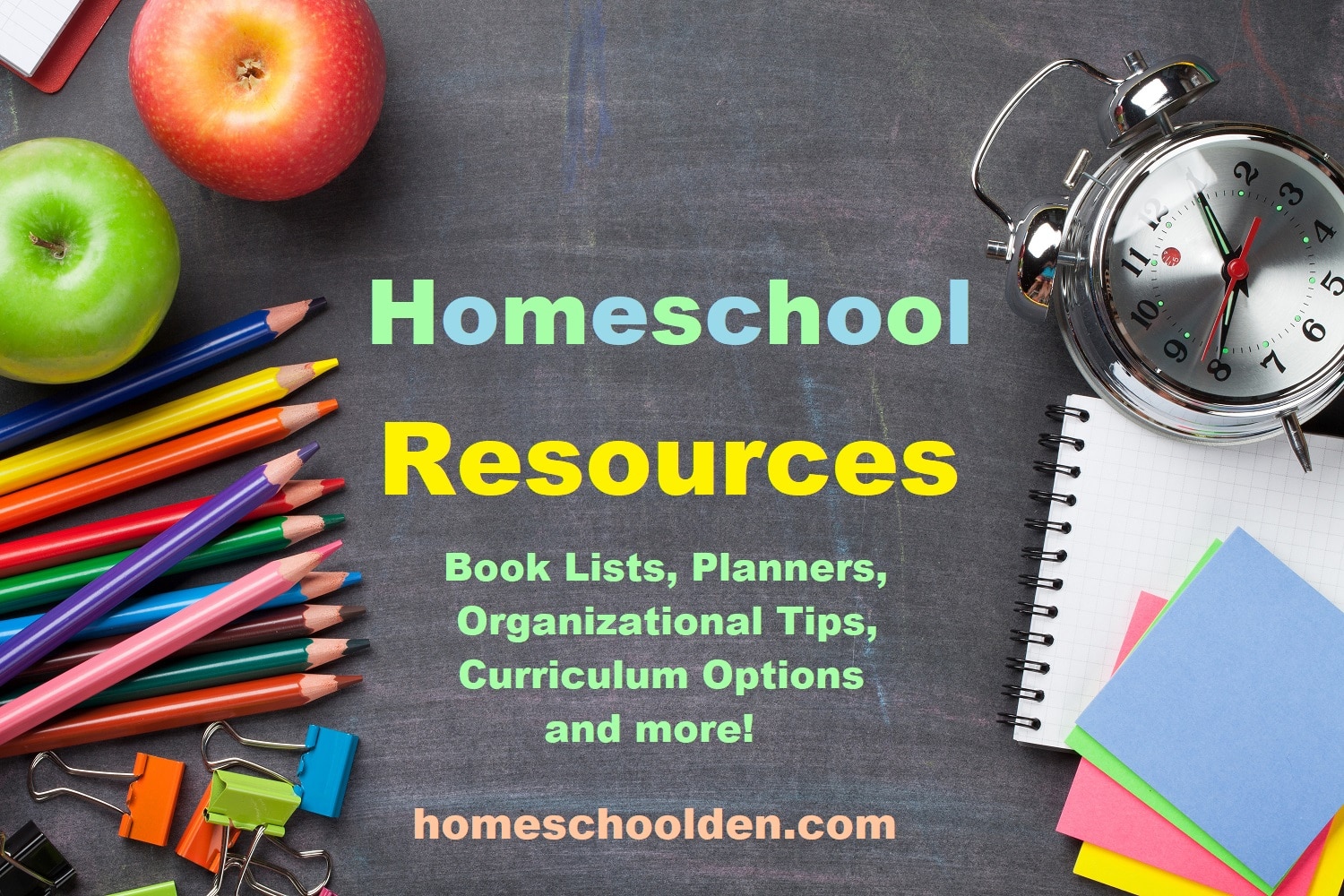

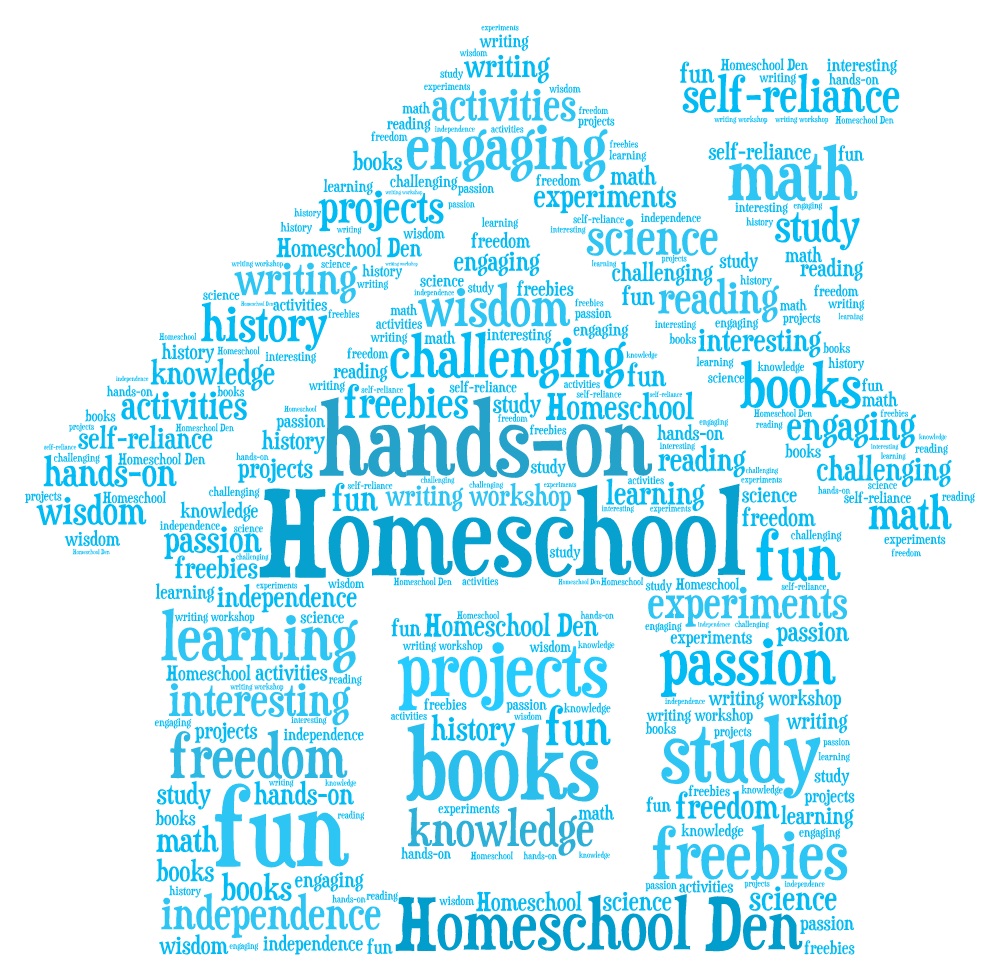

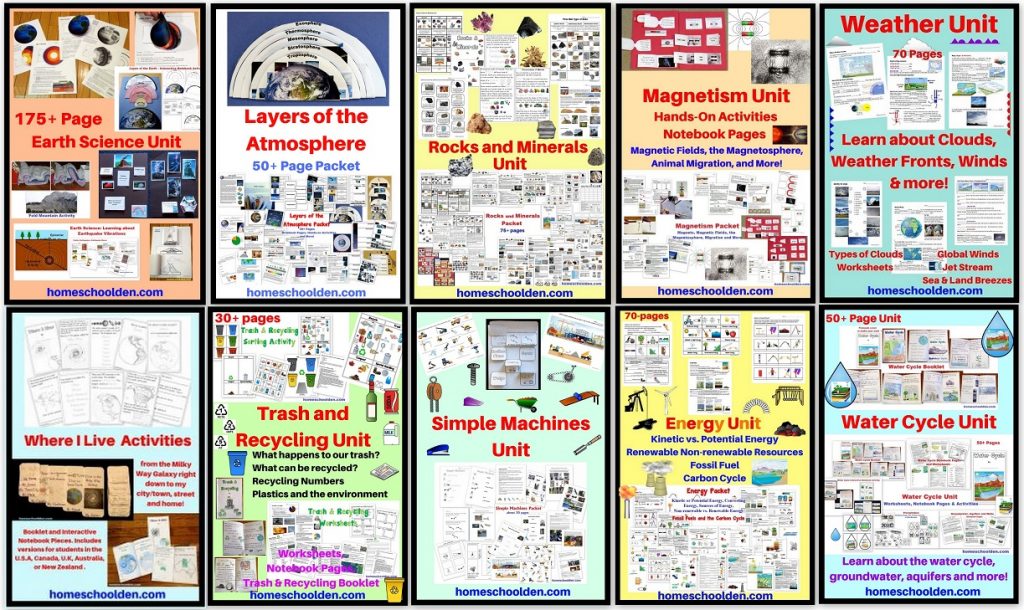

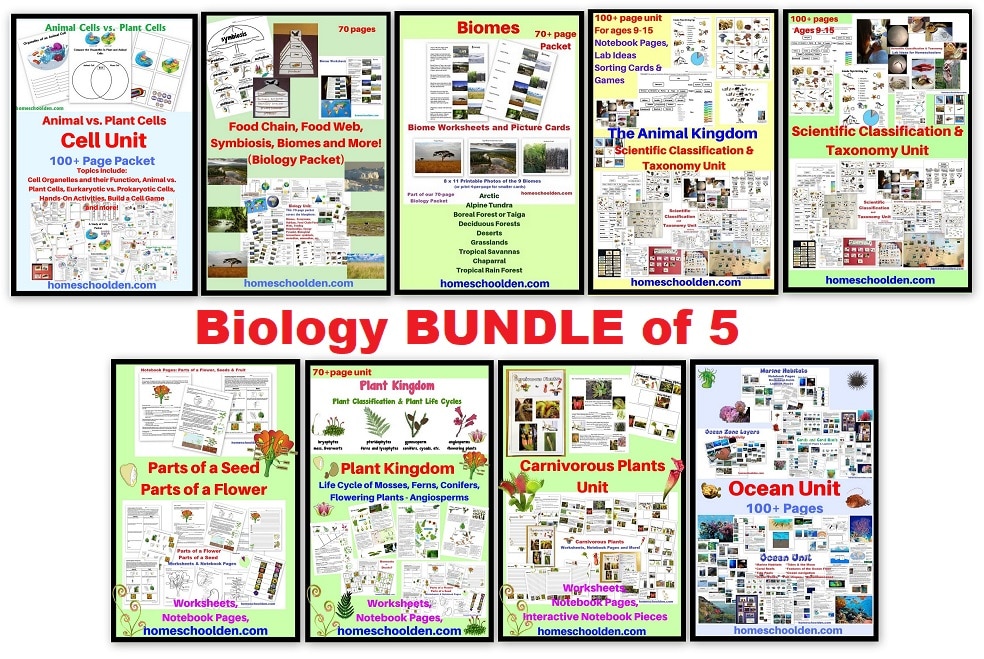
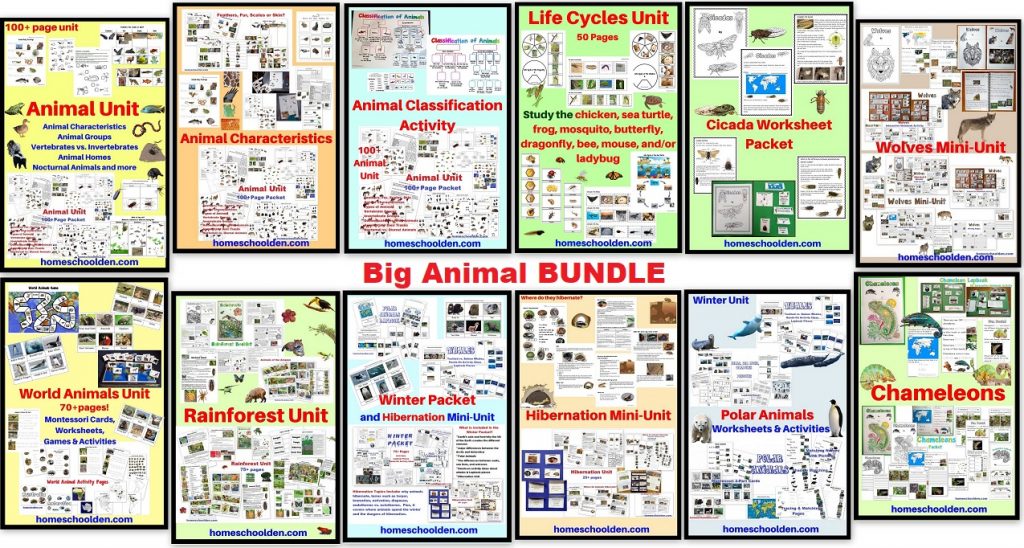

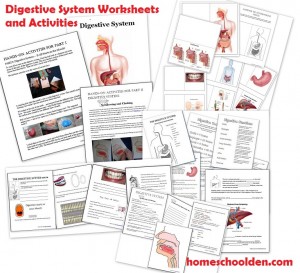


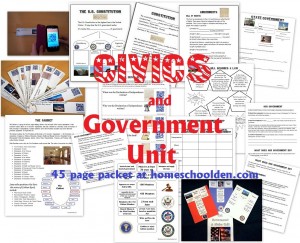




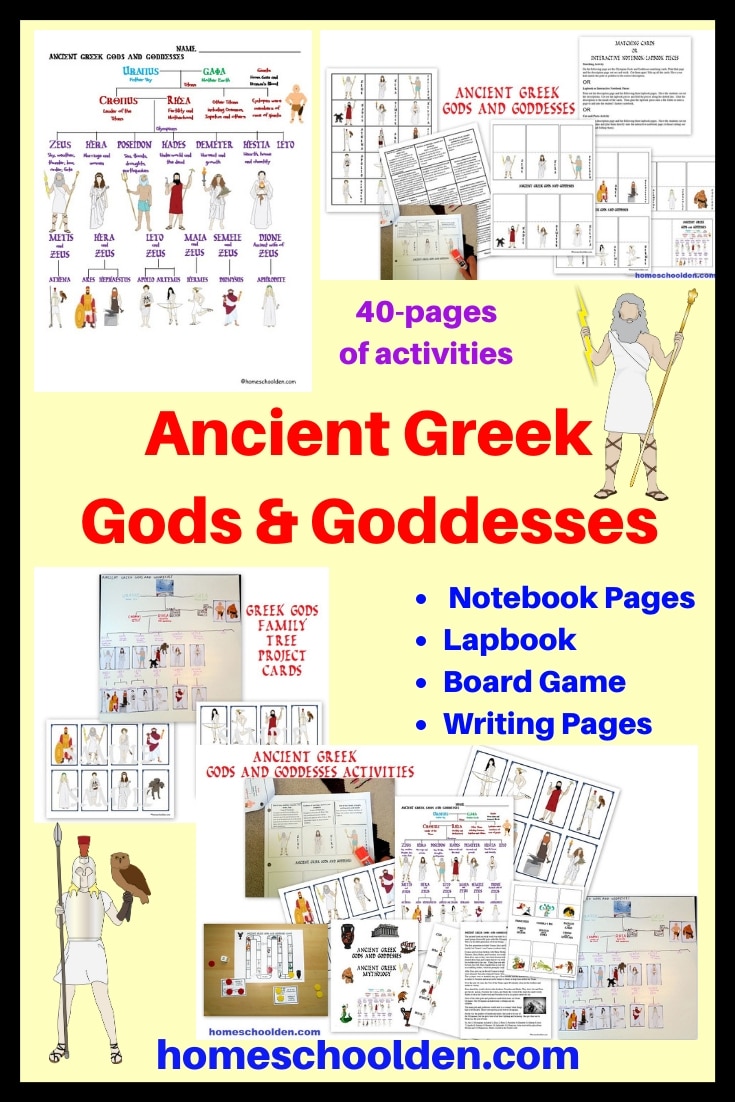




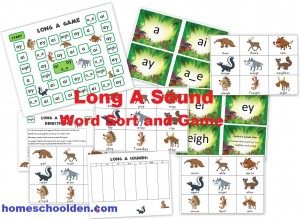
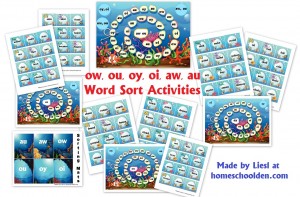
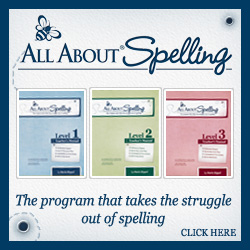
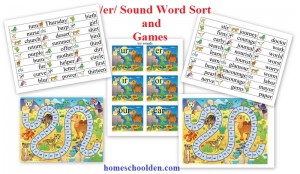
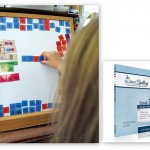
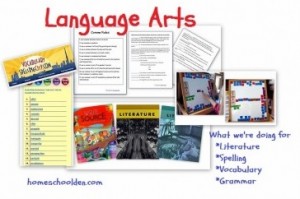
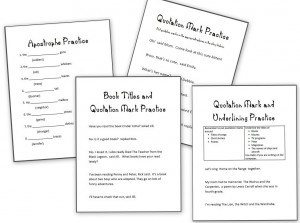

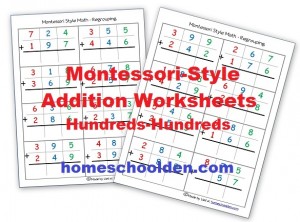
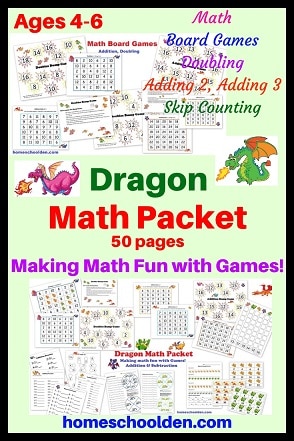
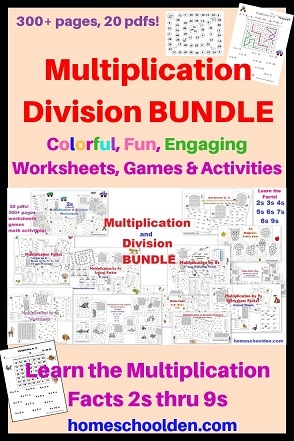
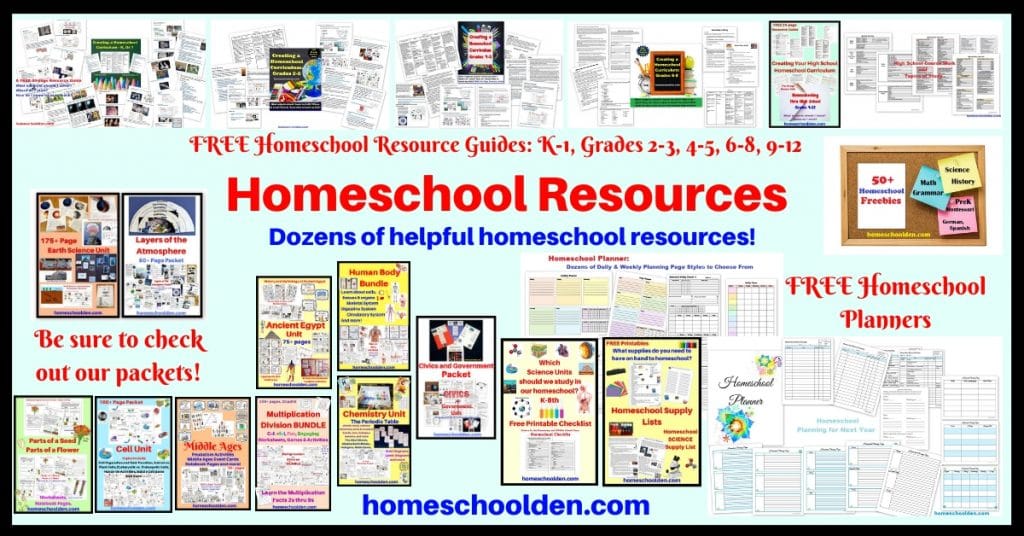
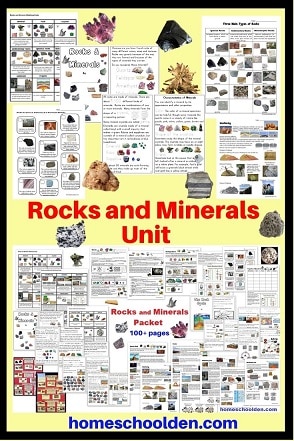

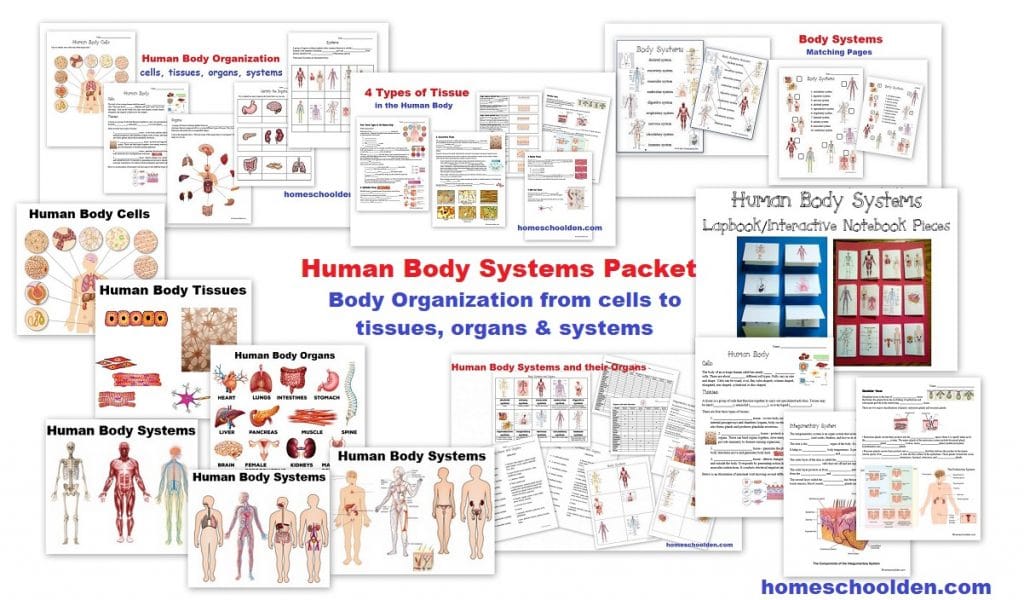
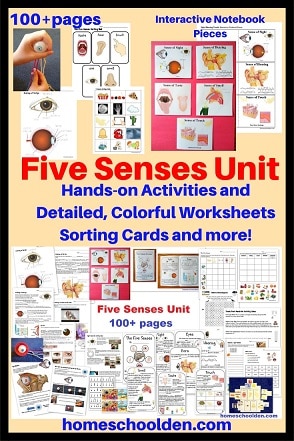
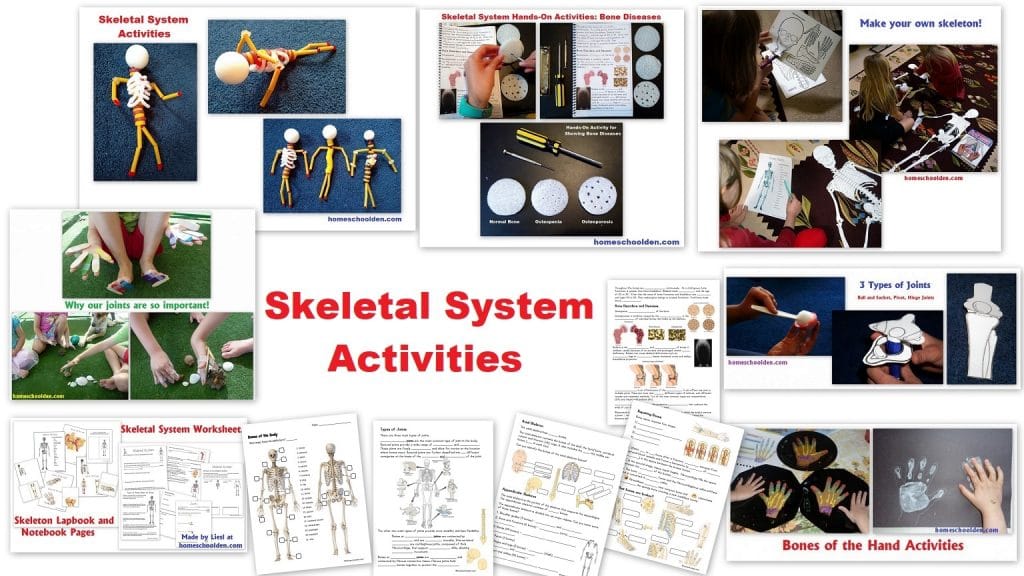
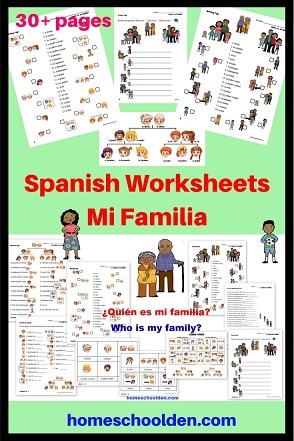

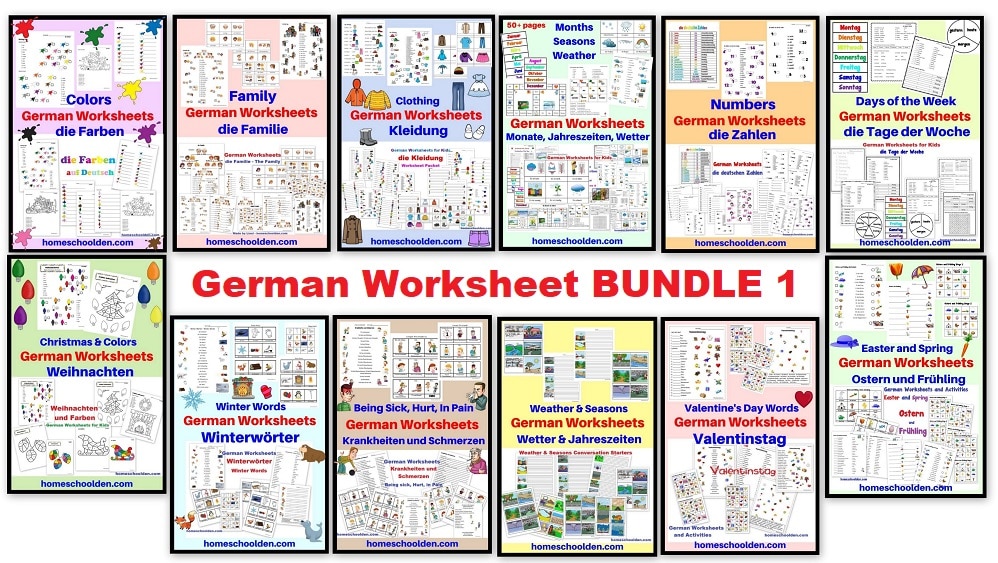
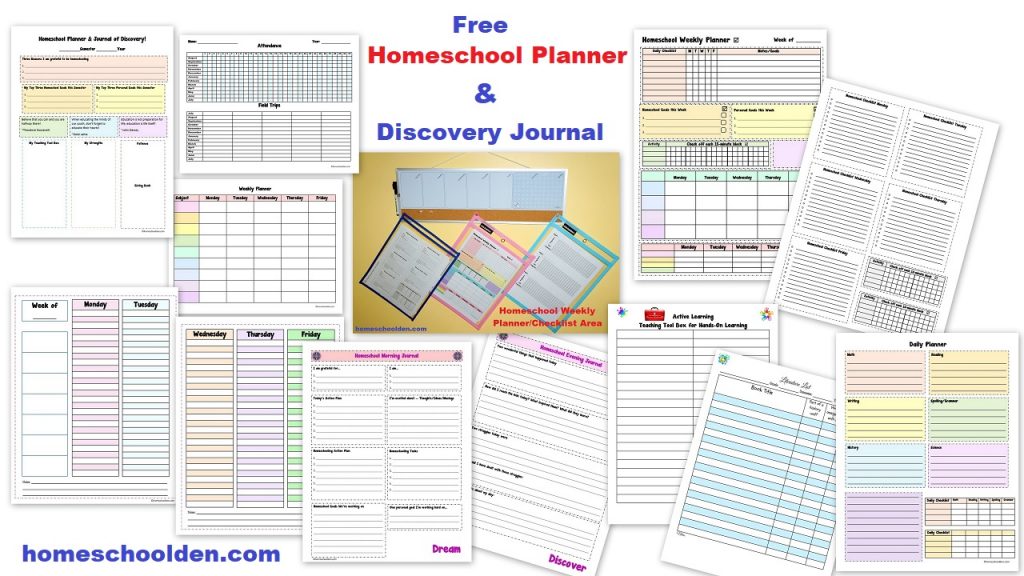
2 Responses
[…] Homeschooling Through a Virtual School […]
[…] Homeschooling Through a Virtual School […]